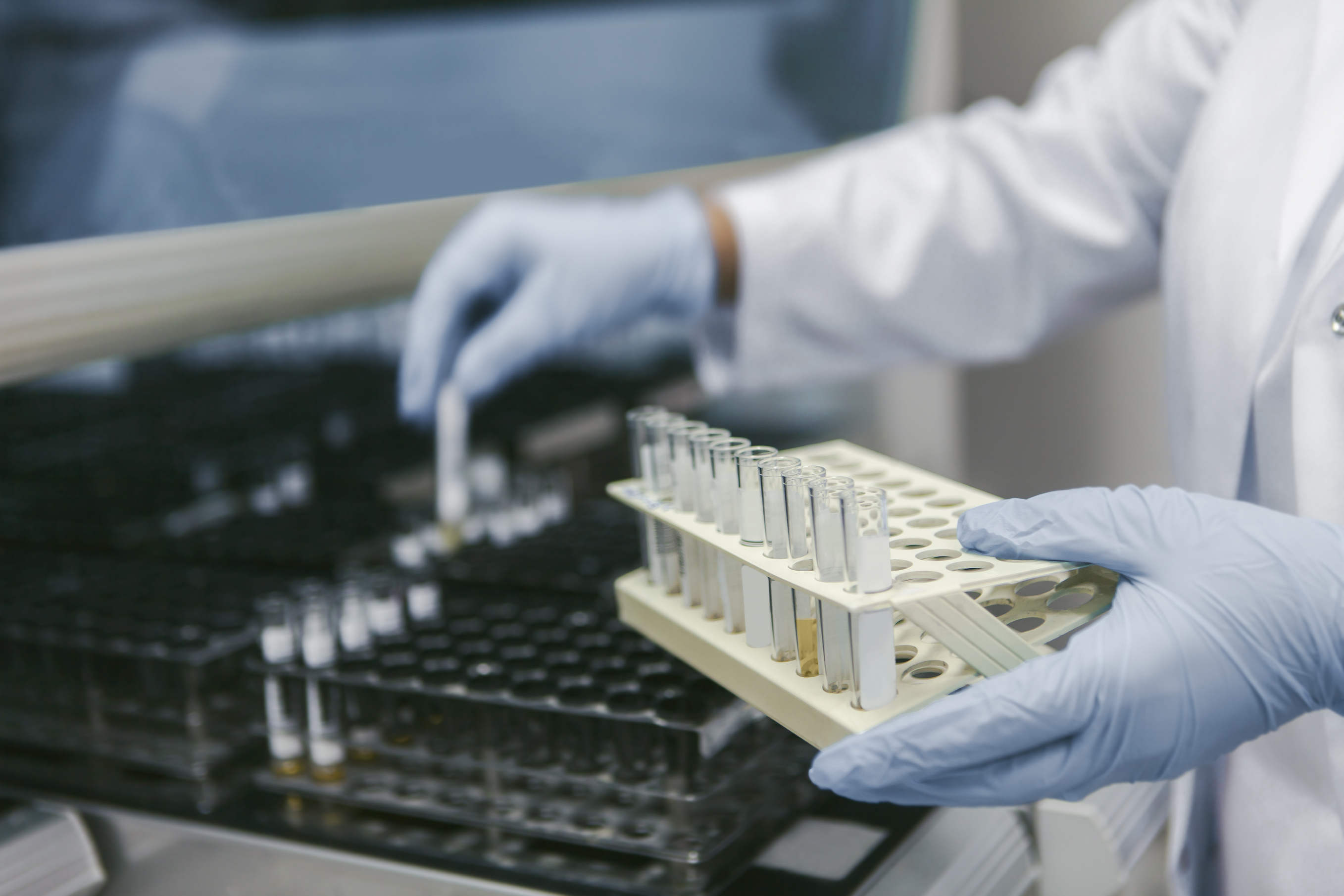Gene-edited babies: no one has the moral warrant to go it alone
By Katie Hasson and Marcy Darnovsky,
The Guardian
| 11. 27. 2018
The fierce global controversy over whether to alter the genes of future children and generations just got fiercer. On the eve of a high-profile scientific meeting in Hong Kong on human gene editing, the Chinese researcher and biotech entrepreneur He Jiankui announced he had already created genetically modified humans, twin girls born a few weeks ago.
The reckless actions of one scientist cannot and should not pre-empt the global public conversation over whether to proceed with reproductive germline editing, as the procedure is known. In fact, the conversation is now more urgent and necessary than ever. There’s a huge amount at stake for all of us.
As knowledge of human genetics grew during the decades around the turn of the millennium, policymakers in dozens of countries came to agree that developing safe, effective gene therapies for sick people should be strongly supported, and that “germline” or “heritable” genetic modification, which would threaten fundamental human rights and equality, should be put off limits. The clearest and most forceful expression of that view was the Council of Europe’s 1997 Convention on...
Related Articles
By Diaa Hadid and Shweta Desai, NPR | 01.29.2026
MUMBRA, India — The afternoon sun shines on the woman in a commuter-town café, highlighting her almond-shaped eyes and pale skin, a look often sought after by couples who need an egg to have a baby.
"I have good eggs,"...
By George Janes, BioNews | 01.12.2026
A heart attack patient has become the first person to be treated in a clinical trial of an experimental gene therapy, which aims to strengthen blood vessels after coronary bypass surgery.
Coronary artery bypass surgery is performed to treat...
By Staff, ScienceDaily | 01.05.2026
Scientists at UNSW Sydney have developed a new form of CRISPR technology that could make gene therapy safer while also resolving a decades-long debate about how genes are switched off. The research shows that small chemical markers attached to DNA
...
Following a long-standing CGS tradition, we present a selection of our favorite Biopolitical Times posts of the past year.
In 2025, we published up to four posts every month, written by 12 authors (staff, consultants and allies), some in collaboration and one simply credited to CGS.
These titles are presented in chronological order, except for three In Memoriam notices, which follow. Many more posts that are worth your time can be found in the archive. Scroll down and “VIEW...




